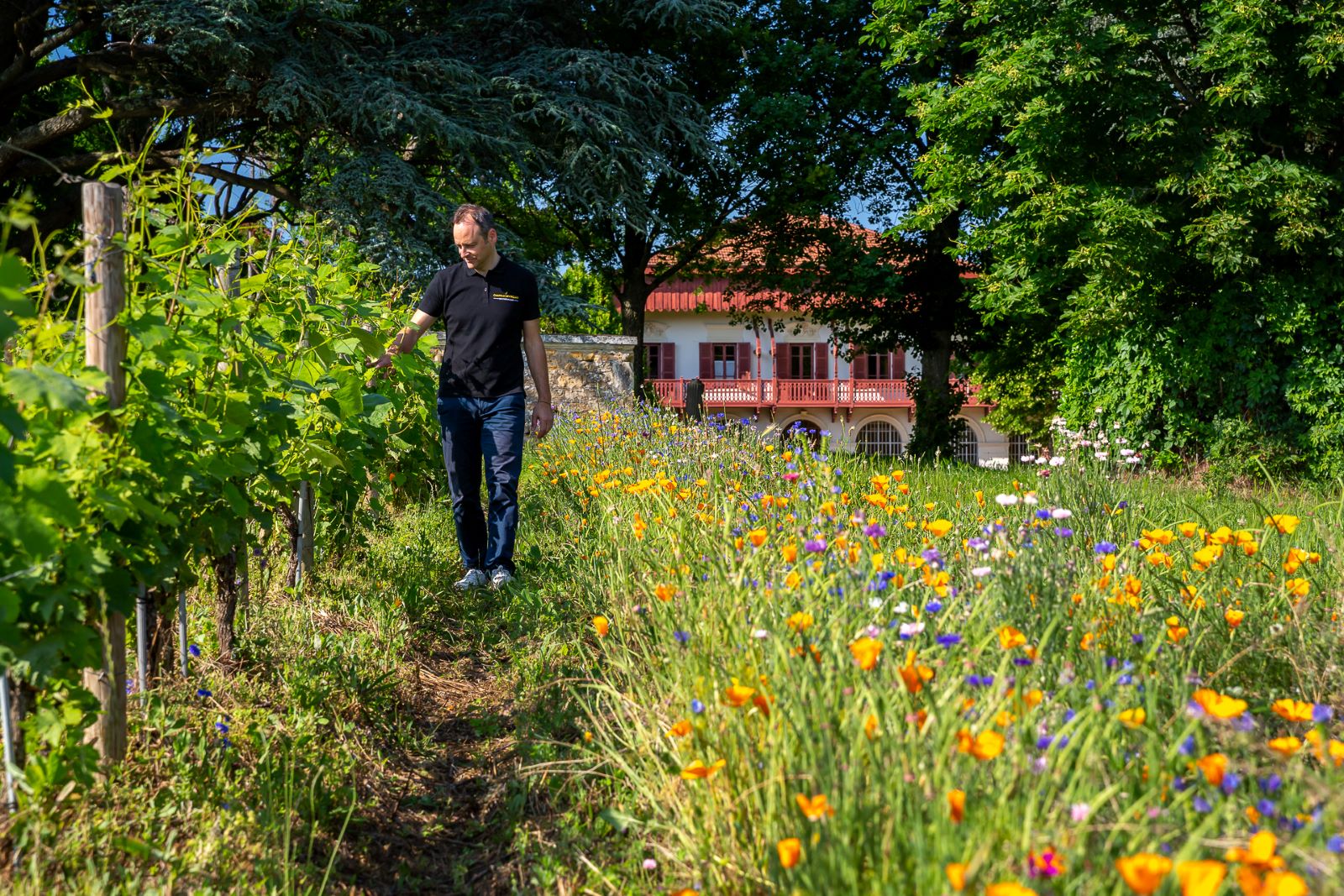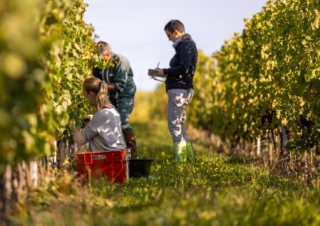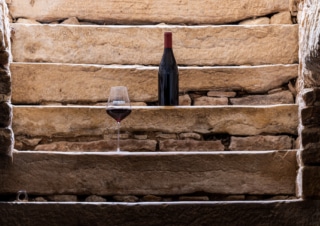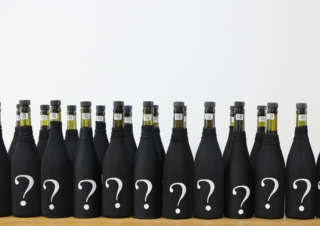What will the viticulture of tomorrow look like? We interviewed researchers from the SICAREX Beaujolais, the IFV and the Rhône Chamber of Agriculture to find out. Here is a forecast based on their research and valuable knowledge.
The Beaujolais region is a leading centre in vine and wine research, with fifteen or so researchers working on the subject, including studies on plant material, varietal creation, measuring carbon footprint, agronomic experimentations, as well as studies into the expectations of consumers and professionals… Four experts based in the Beaujolais region share the results of their research as well as their vision of tomorrow’s viticulture.
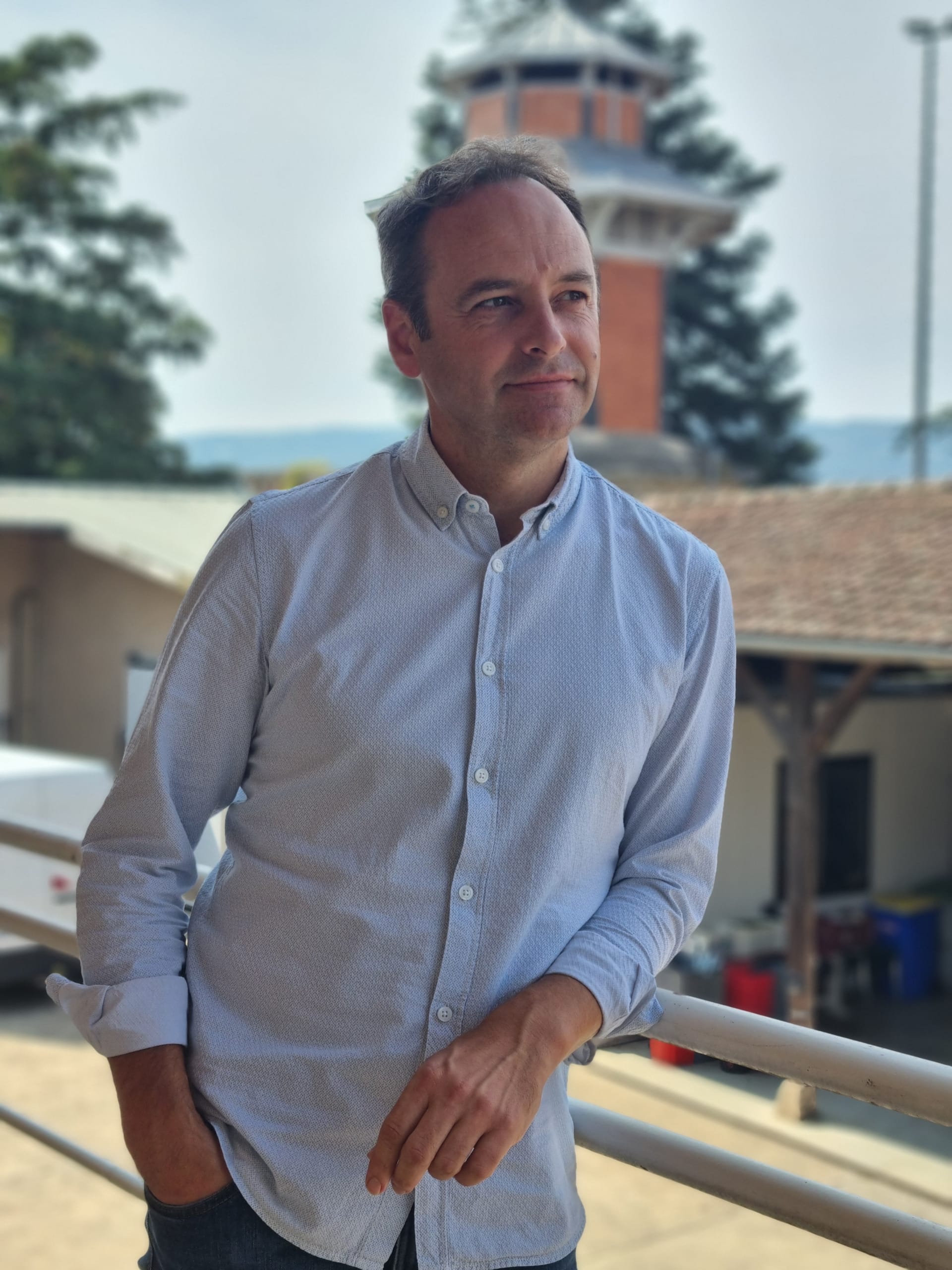
Tomorrow, viticulture will be both resilient and clean
“The viticulture of tomorrow must be resilient in the face of climate change and the hazards it entails. We’ve been using crutches that are becoming less and less acceptable. In the future, we need to be able to do without them, in other words to produce more cleanly.”
Bertrand Chatelet, Director of the SICAREX Beaujolais and the Beaujolais-Bourgogne-Jura-Savoie division of the IFV
Tomorrow, vineyards must include resistant varieties
“For several years, we have been exploring the possibility of incorporating other grape varietals to offset the negative effects of global warming. The idea is to find varieties that are resistant to diseases and to the new climatic conditions, and that retain organoleptic qualities. Although I think they will develop, in reality, they will not be able to make up the majority of the vineyard in the near future. The specifications for appellations, which are an integral part of our heritage, are based on historic grape varietals and will only be modified very gradually.”
Taran Limousin, plant material engineer, Beaujolais-Savoie division of the IFV
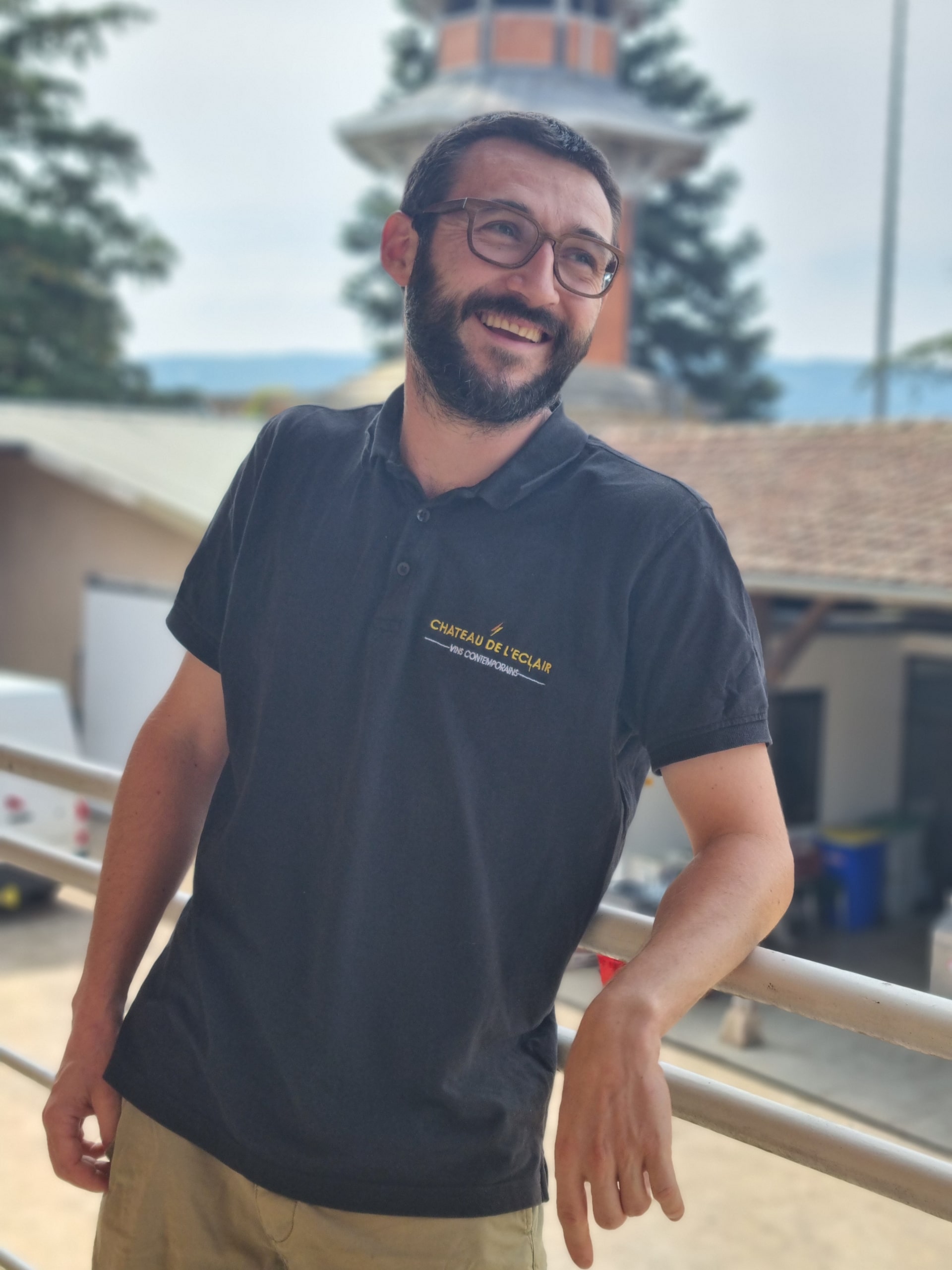
“The French vineyard has an extraordinary strength in that it is made up of appellations. The viticulture of tomorrow will continue to rely on them. In the Beaujolais region, we will need to find solutions to continue growing gamay grapes. Even though we combine it with other minority varieties, gamay has a bright future ahead of it!”
Bertrand Chatelet, Director of the SICAREX Beaujolais and the Beaujolais-Bourgogne-Jura-Savoie division of the IFV
To learn more about vine and wine research in the Beaujolais region, read the article “Research in the Beaujolais region: towards the viticulture of tomorrow”
Tomorrow, greater knowledge of soils

“Knowing the composition of soils, fertilising with organic matter, managing plant cover to combat drought… soil is now more important than ever. In my opinion, looking into the issues surrounding it is coming back into fashion. The Beaujolais region has carried out a tremendous amount of research into soils over many years. Today, it provides detailed knowledge of the terroirs. The results of this soil mapping exercise have enabled significant progress in this area, which is also helping Beaujolais wines move upmarket.”
Thibault Laugaa, head of the viticulture team at the Rhône Chamber of Agriculture. He oversees a team of around 10 advisors who travel across the Beaujolais region advising its winegrowers.
Tomorrow, informed consumers
“Organic wine, biodynamic, natural, no added sulphites…we can see that there is a great deal of confusion among consumers. Our research very often leads us back to communication and the complexity of the language and information given. Today’s consumers (and those of tomorrow) want greater transparency on what they are drinking. Furthermore, they seem to want wines that are less processed.”
Carole Honore-Chedozeau, oenologist and researcher, Sensory Unit IFV-SICAREX Beaujolais
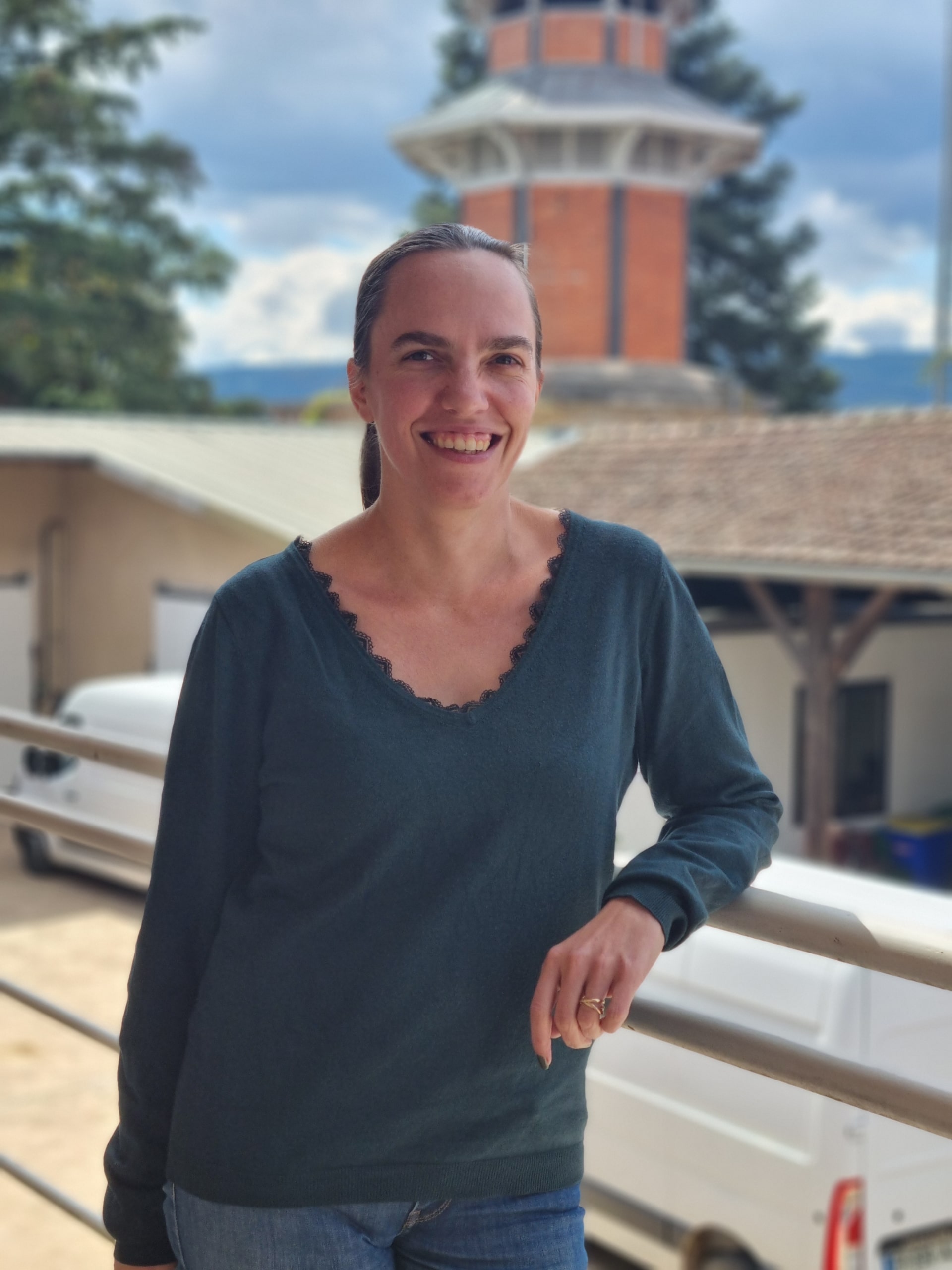
Global warming, changes in consumer practices and expectations… viticulture is already facing many challenges. Through their work, researchers have been able to provide some answers to the questions being asked by professionals in the industry. The viticulture of tomorrow is being invented today thanks to research. The Beaujolais region is playing its part in this challenge thanks to the work carried out by Inter Beaujolais, the SICAREX Beaujolais, the IFV and the Rhône Chamber of Agriculture.
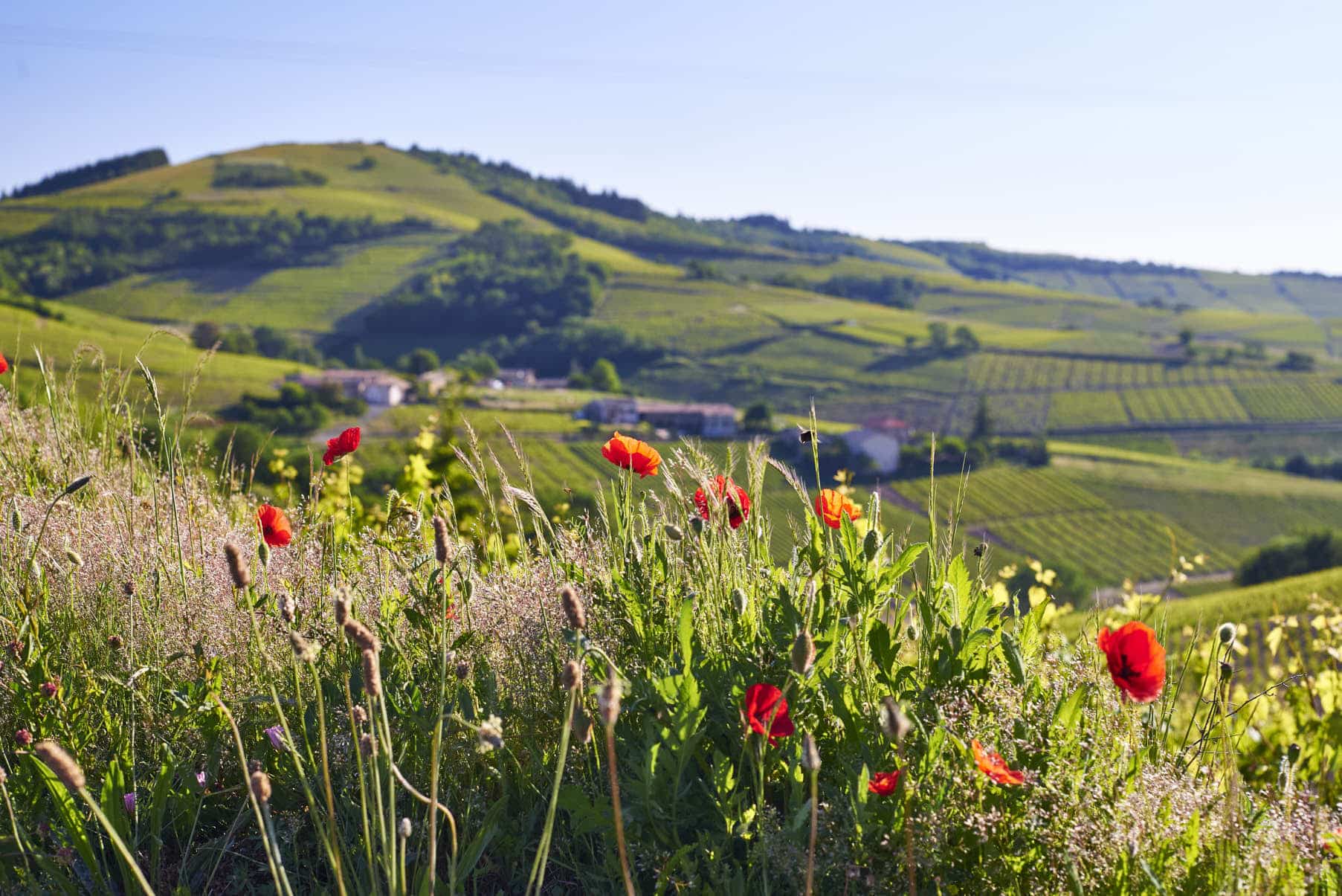
Want to learn more about vine and wine research in the Beaujolais region? Read the article “Research in the Beaujolais region: towards the viticulture of tomorrow“



